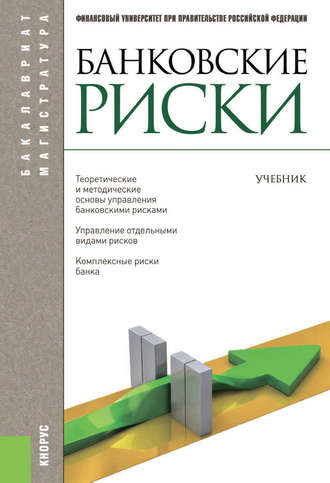
The European court of justice and the European atomic energy Agency This article analyzes the practice of the Court of Justice of the European Union in the field of peaceful uses of nuclear energy - the scope of activities of the European Atomic Energy Agency (Euratom). The author describes the main cases handled by the judicial institution of the Union for more than half a century of the existence of Euratom. In addition the author makes an attempt to highlight the key features of the Court of Justice of the European Union while dealing with this category of cases both in the direct and prejudicial jurisdiction. The features of legal support and legal regulation of the activity of integration type international organizations The submitted article reveals the essence of the concept «integration law» as an element of international integration, and considers the relationship of the «integration» and «supranational» law.
The problem under discussion is analyzed primarily from the point of view of a complex combination of the general theory of law and the theory of international law. Activities of such organizations as the Eurasian Economic Union and the European Union characterize integration tendencies of social development. This has caused the need to develop unified approaches to legal regulation of the designated legal relationship which are more and more often qualified as integration, and the regulatory base is determined as «the integration law», it is also observed in documents of the bodies of these organizations.
Video songs free download telugu. Statisticheskie dannye o rassmotrenii iskovyh del o praktike razreshenija sudami v 2013 g. I pervom polugodii 2014 g. Utverzhdena postanovleniem prezidiuma Severo-Kavkazskogo okruzhnogo voennogo suda 09 sentjabrja 2014 g.

This, in turn, causes the need to qualify the mechanism of legal regulation and the status of legal phenomena, in particular the possibility to form autonomous legal systems, laws and orders. General characteristics and activities of the Institute of Financial Commissioner in foreign legal systems and the perspectives for its use in the Russian Federation International practice for the protection of the rights of the consumers of financial services shows that financial institutions such as the Commissioner or Ombudsman play an important role not only for the consumers of financial services, but also have great significance for the participants of the entire state financial system. The implementation of this institution, will ensure the protection of the rights and interests of consumers in the financial sector, as well as it will provide an opportunity for fast, efficient and free dispute resolutions. It will also strengthen public trust and will enhance financial mediation between consumers and lending agencies. The purpose of this article is to analyze the functioning of the institute of the financial commissioner in foreign countries and a number of practical problems that may occur during the implementation of that institution at the legislative level in Russia. Consumer protection from unfair contract terms:the approach of the European Union The article is devoted to the approach of the European Union to the protection of consumer (weaker party) against unfair contract terms imposed on him by the stronger counterparty (professional party).
The author examined the prerequisites for restriction of freedom of determining the content of the agreement and the key aspects of the European legal institution of judicial control over the fairness of a consumer contract. The study is based on the legal analysis of the European directive consumer law coupled with judicial law of the European Court of Justice and non-state codifications of European private law, such as the Principles of European Contract Law and the. Economic activity, property as objects of protection by the European Court of human rights The article presents the constitutional principle of freedom of economic activity within the set of values warranted by the European Convention on the protection of human rights and fundamental freedoms. Within the analysis of the named principle, the term “economic activity” defined, and its key criteria discussed. It shows a mutual connection between a legal substance of freedom of economic activity and the term “possessions” within case-law of the European court of human rights.